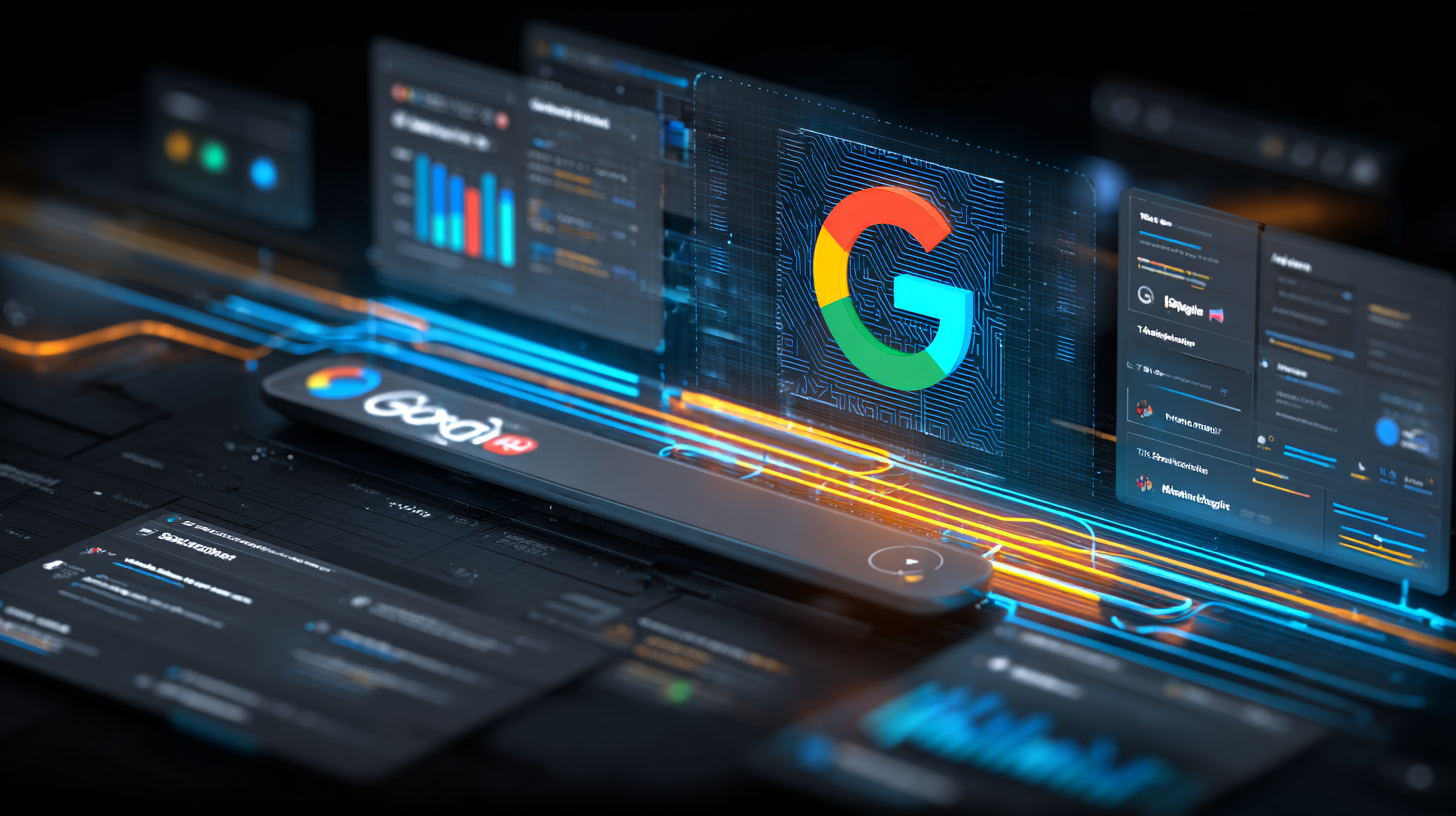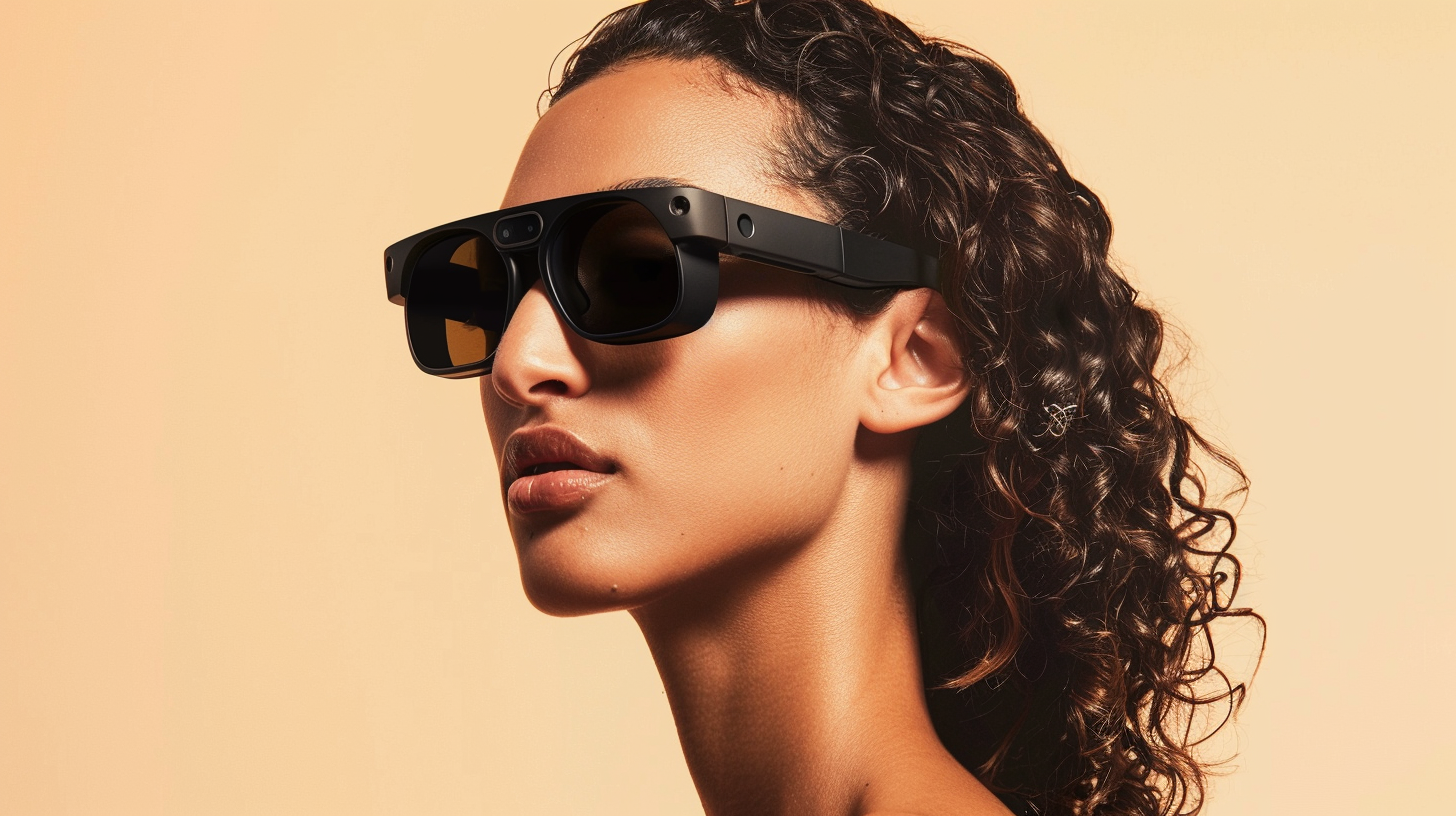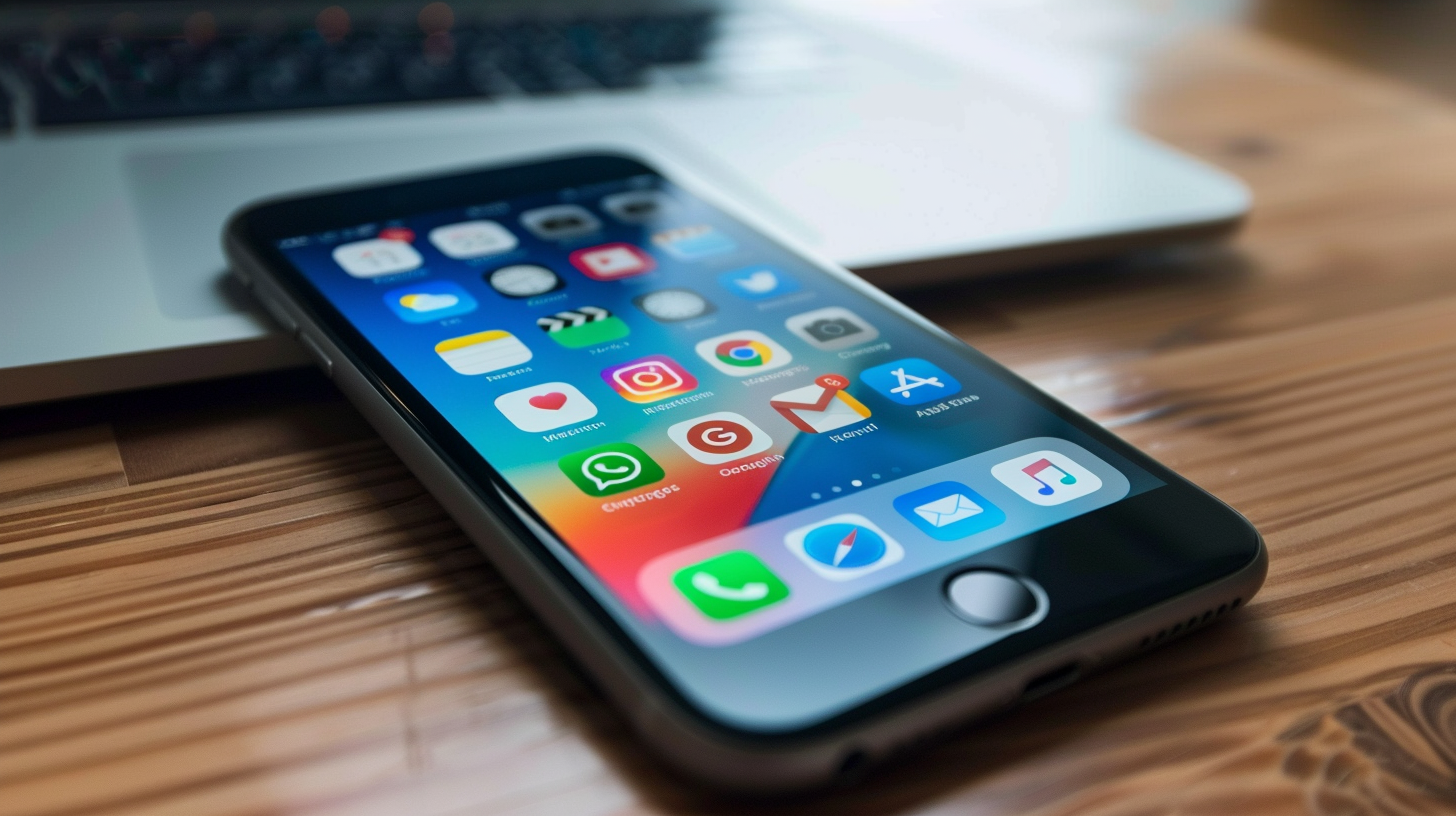Google’s launch of Gemini 3 marks a major milestone in the rapidly evolving artificial intelligence landscape. As competition intensifies among leading AI developers, Google is positioning this new model as a turning point—one that strengthens its hold on the search market while expanding deeper into enterprise applications. Unlike previous releases, Gemini 3 became part of Google’s profit-driven ecosystem immediately, reflecting the company’s shift toward deploying AI technologies that generate revenue from day one.
The model arrives less than a year after its predecessor, showing Google’s determination to accelerate innovation cycles. While AI benchmarks and leaderboard rankings still matter, the broader market has become more focused on practical use cases that drive growth. Investors have increasingly evaluated companies not on technical capabilities alone, but on how effectively those capabilities translate into profitable products. In this respect, Gemini 3 enters the market at a critical time. Alphabet’s stock performance throughout the year has been influenced heavily by its success in monetizing AI tools within its cloud business, and the new model is expected to strengthen that trend.
One of the biggest shifts comes from Google embedding Gemini 3 directly into its search engine at launch. Historically, new AI models took weeks or months to integrate into search, but the company is taking a more aggressive approach. Paying users of Google’s premium AI plan now gain access to enhanced capabilities in AI Mode, a feature designed to handle complex queries with computer-generated responses instead of traditional website listings. This move reflects Google’s ongoing effort to redefine search as an AI-first experience, even as it raises concerns among content publishers who depend on organic traffic.
Gemini 3 also brings a series of upgrades in reasoning, coding, and task execution, allowing Google to introduce new functions stretching across its consumer and enterprise user base. One of the most notable additions is Gemini Agent, a feature built to handle multi-step tasks. It can manage workflow-related actions such as organizing emails or coordinating travel, pushing Google closer to its long-term vision of a universal AI assistant. The redesigned Gemini app supports this direction as well, offering interactive and visually rich responses that resemble entire web pages rather than simple text answers.
On the enterprise side, Google unveiled Antigravity, a development platform that enables AI agents to plan and carry out software tasks autonomously. This tool aims to shift how companies build software by reducing manual intervention and speeding up development cycles. As organizations explore ways to streamline operations with AI, products like Antigravity could play a significant role in reshaping development teams and workflows.
Gemini 3’s release highlights a broader trend in the AI industry: the transition from experimental technology to integrated, revenue-producing systems. With competitors like Anthropic, Meta, and OpenAI also pushing rapid updates, the pressure to deliver commercially useful products has never been higher. By launching its new model directly into core products and expanding its suite of AI-powered features, Google is making a clear statement that the next stage of AI growth depends on adoption at scale. Gemini 3 represents not just a model upgrade, but a restructuring of how Google delivers value in a market where speed, utility, and profitability increasingly define leadership.


